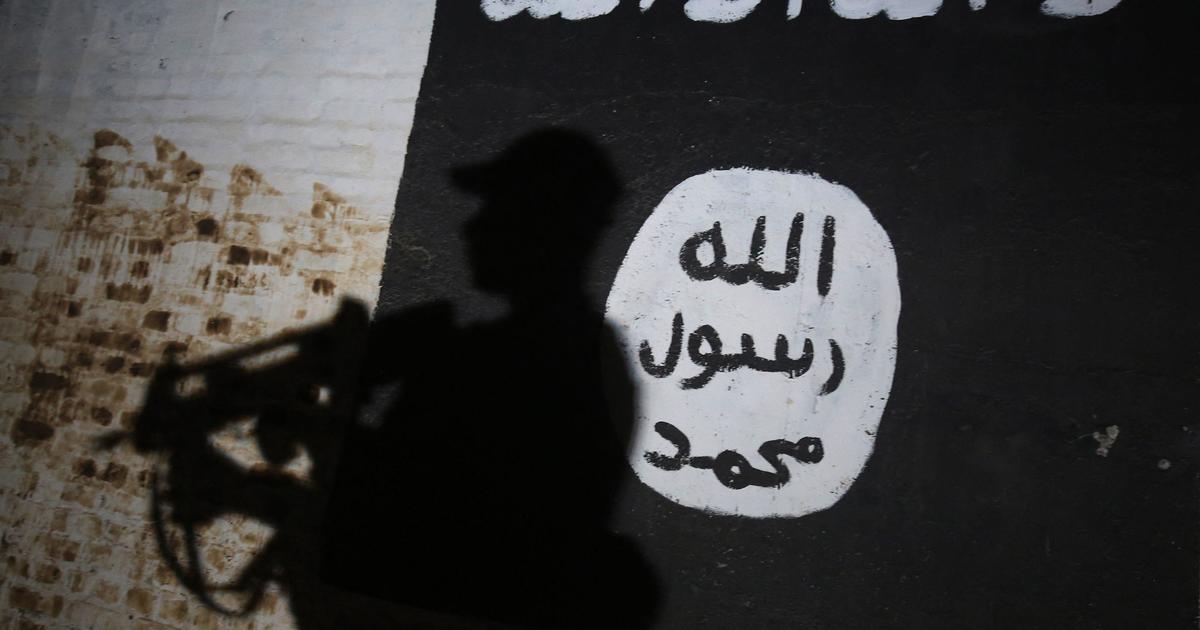The remarkable story of Fawzia Amin Sido, a Yazidi woman kidnapped by ISIS at the age of 11 and held captive for a decade, highlights the enduring impact of the group’s brutal actions and the complexities of rescuing victims from conflict zones. Her ordeal spanned years of abuse and displacement, ultimately leading her to the Hamas-ruled Gaza Strip before a complex operation secured her return to her family in Iraq. This narrative showcases the collaborative efforts of multiple international entities and individuals committed to reuniting victims of terrorism with their loved ones, even across international borders and amidst political complexities. It underscores the perseverance of victims, the dedication of rescuers, and the lingering consequences of conflict-fueled human rights abuses.
Fawzia’s Ordeal: A Decade of Captivity and Abuse
ISIS Kidnapping and Years of Suffering
Fawzia Amin Sido’s nightmare began in August 2014, when ISIS terrorists swept through her home in the Sinjar region of northern Iraq. At only 11 years old, she was abducted along with thousands of other Yazidi women and girls. This event marked the beginning of a decade-long ordeal characterized by horrific sexual and physical abuse at the hands of her Palestinian ISIS captor, whom she was forced to marry. This period of her life involved immense trauma and suffering, deeply affecting her mental and physical health. The years under ISIS control were marked by systematic cruelty, highlighting the scale of human rights abuses inflicted by the terrorist group during their reign of terror in Iraq and Syria. Fawzia’s experience reflects the systemic nature of ISIS’ targeting of Yazidi women, demonstrating the long-term impact of the organization’s actions on the lives of numerous individuals. The scale of this violence remains a deeply scarring episode in the history of Iraq.
Escape from Gaza and the Path to Freedom
After being moved to the Gaza Strip several years into her captivity, Fawzia’s situation took a somewhat unexpected turn. Her captor was reportedly killed in an Israeli airstrike, creating an opening for escape. In late 2023, she fled her captor’s family, seeking refuge near Israeli Defense Forces (IDF). However, obtaining permission to leave Gaza proved challenging and took approximately a month. This escape demonstrates both the courage of Fawzia and the complex geopolitical circumstances surrounding the region. Her journey highlighted the difficulties faced by individuals attempting to escape conflict zones, particularly given the need to navigate sensitive political borders. This act demonstrates both her resilience and the dangerous situation many captives still face in conflict regions.
International Collaboration in the Rescue Operation
Multiple Agencies Working Together
Fawzia’s rescue wasn’t the work of a single entity. It involved a complex and coordinated effort spanning various international actors. The Israeli government, specifically the Ministry of Foreign Affairs and the IDF, played a crucial role. The collaboration with the U.S. embassies in Israel, Baghdad, and Amman, along with the Jordanian authorities, indicates a strong international collaboration against terrorism and a commitment to bringing victims to safety. Iraq’s Foreign Ministry and National Intelligence Service also actively participated in the repatriation process. This multilateral approach highlights the importance of shared commitment and coordinated strategies in tackling complex humanitarian crises. The success of this mission underscores the power of international partnerships, demonstrating how cooperation can overcome even complex obstacles to deliver freedom to victims.
The Role of Steve Maman and Other Humanitarian Efforts
Steve Maman, often described as “the Jewish Schindler,” played a particularly visible role in Fawzia’s return. Maman’s dedicated efforts to help Yazidis escape ISIS captivity, which he documented publicly via social media, brought further awareness and perhaps expedited some aspects of the process. The inclusion of his actions in this collaborative effort demonstrates the contribution of committed individuals to humanitarian efforts. His promise to Fawzia, along with his dedicated work, reveals the effectiveness of humanitarian effort in supporting the rescue operation. His public engagement with Fawzia’s story helped garner significant public attention to this unique situation.
The Larger Context: Yazidi Women and the Ongoing Struggle for Justice
The Yazidi Genocide and the Lingering Scars
Fawzia’s story is not an isolated incident but is a stark reminder of the ongoing struggle faced by many Yazidi women who have been impacted by the ISIS genocide. The Free Yezidi Foundation estimates that thousands remain missing and the true scale of the horrific events and the magnitude of trauma is still unfolding. Fawzia’s rescue brings attention to the continued plight of countless other Yazidi women held captive in various displacement camps and locations in Syria and elsewhere. The lasting impacts of conflict continue to be significant, demonstrating the importance of supporting the needs of conflict survivors. The psychological and emotional impact on individuals will likely affect generations to come.
Challenges to Rescue and Repatriation
Rescuing Yazidi women and bringing them home presents significant challenges. These challenges often involve negotiating complex political landscapes, overcoming barriers in war-torn regions, and securing safe passage through potentially dangerous territories. Many complexities affect the movement of individuals affected by war-torn conflicts across international borders. The process demands patience, tact, and effective coordination. These complexities illustrate that while individual successes in repatriation should be celebrated, larger systematic issues around support, repatriation and social reintegration require broader attention.
Take Away Points
- Fawzia Amin Sido’s rescue exemplifies the collaborative power of international cooperation in addressing the long-term impact of terrorism and the ongoing struggle to support survivors.
- Her story highlights the pervasive effects of ISIS’ actions on Yazidi women and the need for sustained efforts to support their physical and psychological healing.
- The successful repatriation operation underscores the importance of both governmental and individual initiatives in bringing victims of human rights abuses to safety.
- The case draws renewed attention to the significant number of Yazidi women who still remain missing and the challenges involved in their rescue and repatriation. More systemic effort is required to support survivors of terrorism in an efficient and scalable fashion.









